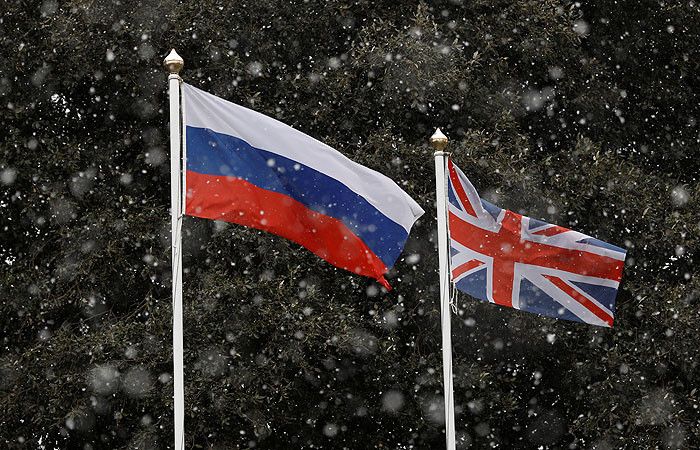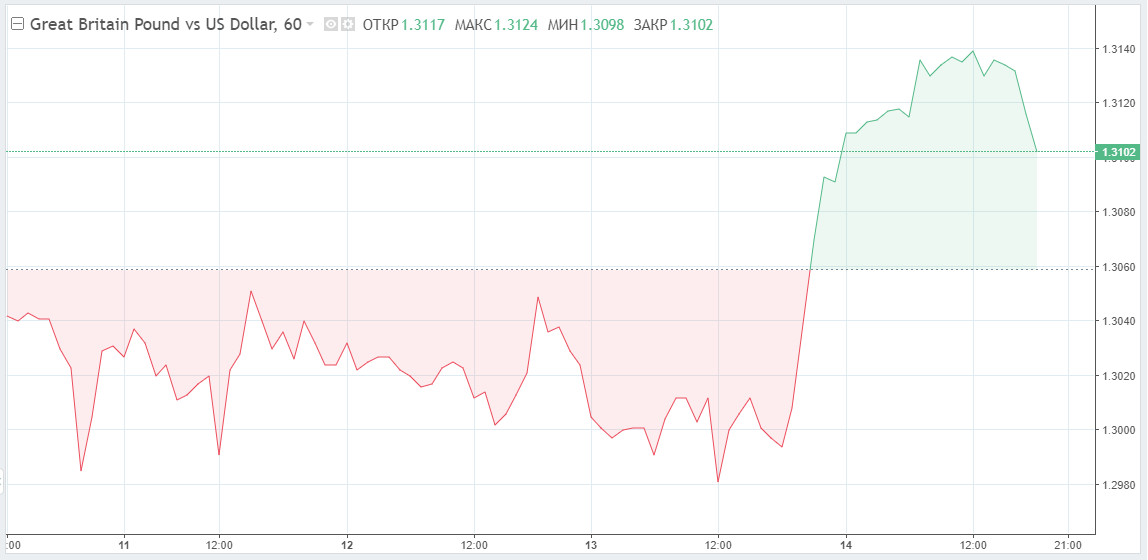
Rising prices in the UK will likely have a significant impact on real incomes of British citizens. Moreover, this pressure will be stronger than in the EU. It was reported by chief UK economist at Goldman Sachs Steffan Ball. For example, last month's data showed that inflation in the UK had surged to a 30-year high of 7% and continued to rise.
The anti-Russian sanctions will probably affect the EU economy. However, they will likely not hit Russia hard in the long term. The EU government plans to ban Russian coal imports and is considering imposing sanctions against Russian oil imports. At the same time, Russian President Vladimir Putin declared that Russia could cut off gas exports to the EU. If it happens, the EU countries will face severe economic consequences.
However, taking into account these issues, the outlook for the EU economy is more optimistic than for the UK. Inflation will have a devastating impact on purchasing power in the UK mainly due to energy bills. Electricity and gas bills are expected to rise by an average of 54% in April. British households are about to face high utility bills. On top of that, the government has abolished limits on the amounts charged by utilities.
The British media have already reported that the poorest households will be faced with the choice at the end of this year: to spend money on a nutritious diet or on heating their house or apartment. Middle- and upper-middle-income citizens will undoubtedly be in a better position as they should have savings accumulated during the period of quarantine measures.
Officials at the Treasury and the Bank of England are struggling to contain the severe decline in consumer purchasing power. The Bank of England has already raised interest rates three times since December. However, inflation will definitely not slow at 7.2%. Therefore, the British regulator is most likely to raise the interest rates again next month. Economists predict that rates in the UK will rise by at least 2% by the end of 2022.
According to economist Goldman Sachs, the UK is at risk of prolonged recession due to high inflation and a marked decline in household spending. Last month, economists forecasted that price growth would reach 9% by the end of the year. If this outlook comes true, the cost of living for the UK citizens will decline to its lowest level since the late 1950s.
Amid such negative sentiment and expectations, the GBP/USD pair collapsed to its lowest level since November 2020 in London trading on Wednesday. On Thursday, the British currency was trading actively in the morning, rising by 0.20 against the dollar. However, then the GBP/USD pair traded in the red zone again, dropping by 0.09% to 1.3102.





















